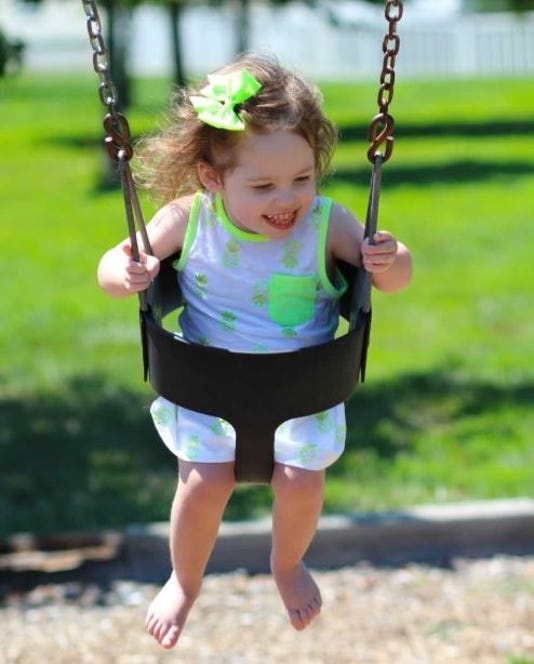Beyond Epidiolex®
CBD has been shown both pre-clinically and clinically to be an effective therapy for a wide variety of conditions. While many are still skeptical that CBD can do so much to help so many different people, the secret lies in its chemistry. Unlike other cannabinoids, CBD affects multiple receptors in the brain and body, not just the cannabinoid receptors. This explains how it can affect so many different conditions like epilepsy.
For families with children with severe forms of epilepsy, the approval of Epidiolex was a huge victory and sigh of relief. For years, parents had railed against the government due to the illicit nature of cannabis-based cannabidiol (CBD), many traveling miles away from home to provide their children with essential medicine. But once the medication was approved, CBD became available through a doctor’s prescription anywhere in the country. It could even be covered by insurance (in many cases).
Epidiolex was studied in a number of clinical trials and its efficacy and safety were deemed favorable enough to become an approved medicine in the US. And recently, England also approved Epidiolex (called Epidyolex) for the treatment of pediatric epilepsy.
Thus, it follows that CBD formulations may be appropriate for younger patients – so what about other types of pediatric conditions?
Fragile X Syndrome
Zynerba Pharmaceuticals is currently evaluating a transdermal CBD gel in clinical trials to treat pediatric patients with Fragile X syndrome, a genetic disorder associated with developmental disability.
Behavioral Conditions
Children with autism often experience a wide range of symptoms that include aggression and anxiety. Preliminary evidence indicates that CBD may be helpful in addressing these behaviors. [1] And a clinical trial is underway to further evaluate these effects.
Chemotherapy-induced Nausea and Vomiting
Cannabinoids have long been used to help cancer patients manage side effects from treatment. In fact, dronabinol has been shown to be effective in pediatric patients. [2] However, this formulations contains THC, which may not be ideal for younger patients. Whether CBD alone is beneficial is not currently known.
It’s difficult to predict whether a compound will pass the clinical trial testing phases required to become an approved medicine. However, with the advent of Epidiolex and growing clinical experience and comfort with using this therapy, we will likely see more compounds advance in testing to treat pediatric patients for a range of other conditions.
References
- Barchel, D, et al. “Oral Cannabidiol Use in Children With Autism Spectrum Disorder to Treat Related Symptoms and Co-morbidities.” Front Pharmacol. 2018, vol.9, pp. 1-5.
- Wong, S.S. & Wilens, T.E. “Medical Cannabinoids in Children and Adolescents: A Systematic Review. Pediatrics. vol.140, no.5, 2017, pp. 1-15.
Image Source: [Image]










